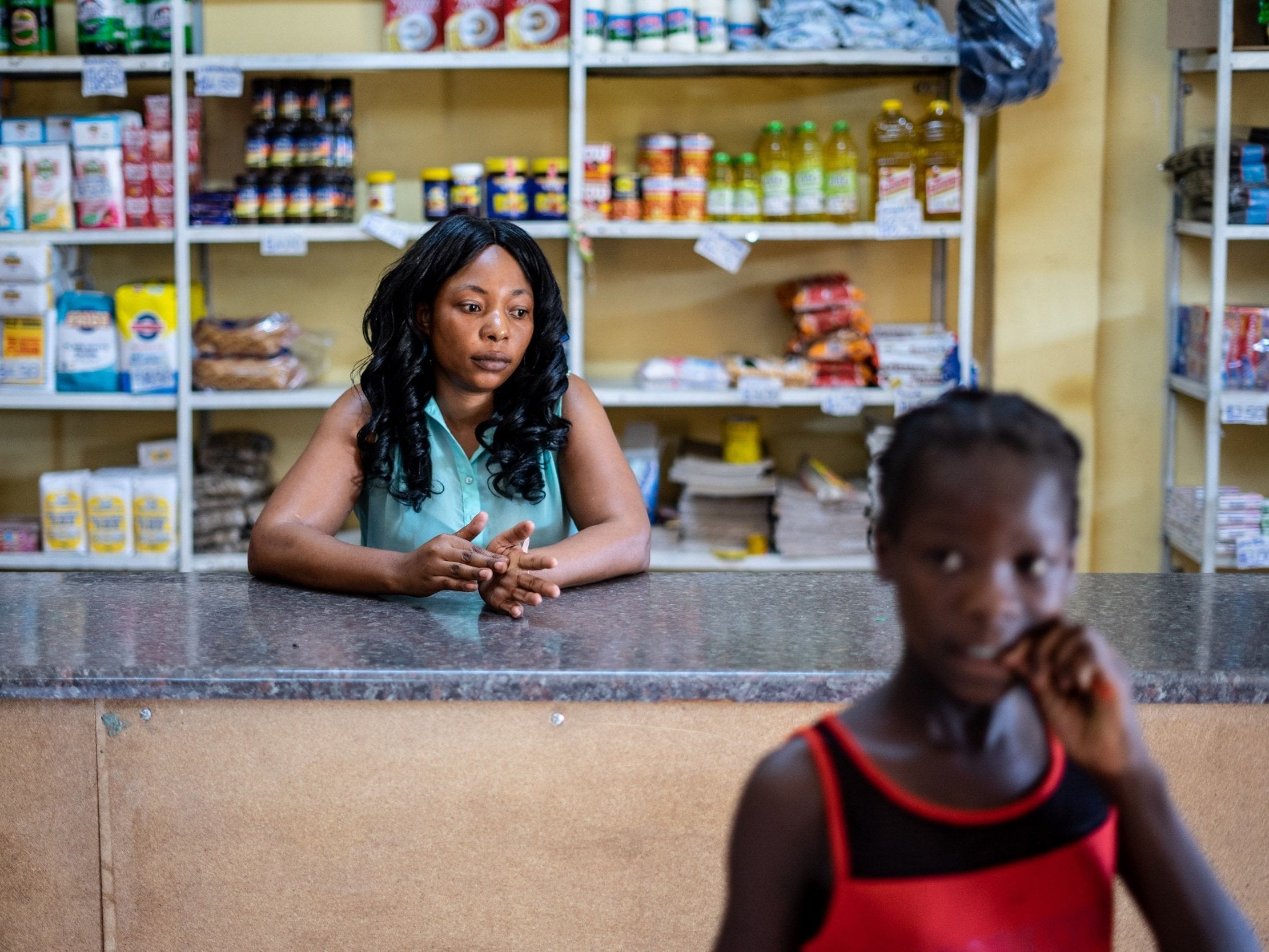Dirty rags and drugs: Period poverty in Zimbabwe driving women to desperate measures
Chiratidzo Chikona, 17, ties up dirty rags she finds on the floor to use as sanitary pads

Your support helps us to tell the story
From reproductive rights to climate change to Big Tech, The Independent is on the ground when the story is developing. Whether it's investigating the financials of Elon Musk's pro-Trump PAC or producing our latest documentary, 'The A Word', which shines a light on the American women fighting for reproductive rights, we know how important it is to parse out the facts from the messaging.
At such a critical moment in US history, we need reporters on the ground. Your donation allows us to keep sending journalists to speak to both sides of the story.
The Independent is trusted by Americans across the entire political spectrum. And unlike many other quality news outlets, we choose not to lock Americans out of our reporting and analysis with paywalls. We believe quality journalism should be available to everyone, paid for by those who can afford it.
Your support makes all the difference.Period poverty is pushing women in Zimbabwe to desperate measures – and the homeless are bearing the brunt of the crisis, according to campaigners.
Seventeen-year-old Chiratidzo Chikona has been sleeping rough in the capital Harare for five years. She has not used proper sanitary items since she started menstruating.
“Here in the streets, we survive on the food we pick from the bins or handouts from well-wishers and the little money we get from begging,” she says. “We use it to buy a decent meal from time to time.”
With pads a “rare luxury”, Chikona ties up dirty rags that she has found on the floor.
Homelessness is a prevalent issue in Harare, with some 5,000 children thought to be living on the streets, according to government figures. Young girls and women will sleep on the pavements in groups to try to avoid being attacked or raped.
Sanitary Aid Zimbabwe, an organisation working to end period poverty in the country, warns that the situation is critical, and that some homeless women have been driven to street drugs in the absence of painkillers.
In one such case, a 15-year-old girl sleeping rough in Harare Gardens park has become addicted to sniffing glue after being unable to get painkillers to help with her period pain.
“The teenager experiences painful stomach cramps and usually has no pain relievers – so to escape the period pain, she sniffs glue to intoxicate herself,” Theresa Nyava, SAZ executive director, tells The Independent.
Scores of girls and women gathered in Harare last year for the “Happy Flow Campaign” march demanding more affordable sanitary items – but women say that no change has been made since then – and with inflation on the rise in Zimbabwe, they are still being priced out.
The average cost of a packet of sanitary towels is around $5 (£3.87) but salaries are typically less than $400 a month.
Mhamha Manungo lives in the rural village of Domboshava and says she cannot afford to buy her two teenage girls sanitary products on the meagre income she earns selling maize.
“One bucket of maize is now only enough to buy a single packet of pads, which are now going for $5 ... I cannot afford to sell four buckets of maize per month just to buy pads, otherwise the family will go hungry,” she tells The Independent.
“Periods are now a nightmare for me each month,” agreed a female security guard in the town of Chitungwiza, south of the capital, adding that her monthly salary of around £193 can barely sustain her.
“I just buy one packet... I no longer feel comfortable each time when I will be at work while on my period,” she says. She requested her name not be used, citing privacy concerns.
Cultural taboos – particularly strong in the rural areas of the country – also mean women often feel unable to talk about their periods with the male breadwinners in the family, SAZ’s Nyava warns.
“Girls feel they can’t ask for money to buy sanitary ware or pain relievers – they just silently suffer in solitude from the effects of period poverty,” she says.
Manungo is now teaching her daughters to make pads from scraps of old clothes they no longer wear.
“This is the only way for them to go to school when they are on their time of the month at the moment, as we don’t have other options,” she says.
Join our commenting forum
Join thought-provoking conversations, follow other Independent readers and see their replies
Comments